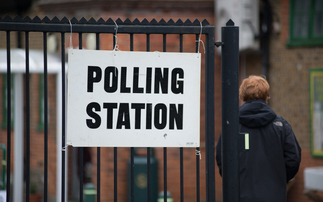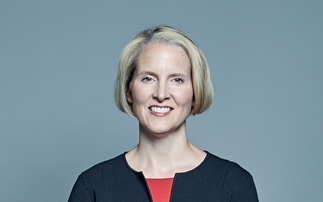The Committee on Climate Change’s latest intervention lays bare the scandal at the heart of the government’s energy policy
Put yourselves in the shoes of a senior executive at an energy company or investment bank. You want to invest in new energy infrastructure and have plans in place to do so, but each time you try to move...
To continue reading this article...
Join BusinessGreen
In just a few clicks you can start your free BusinessGreen Lite membership for 12 months, providing you access to:
- Three complimentary articles per month covering the latest real-time news, analysis, and opinion from Europe’s leading source of information on the Green economy and business
- Receive important and breaking news stories via our daily news alert
- Our weekly newsletter with the best of the week’s green business news and analysis








